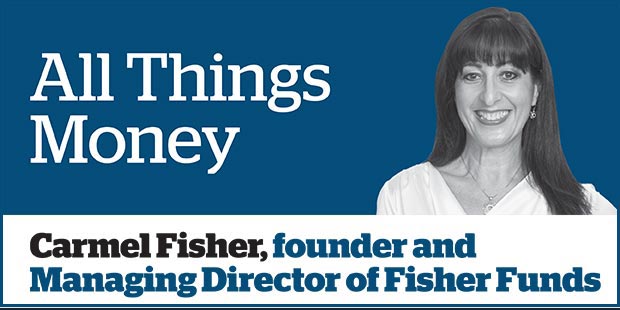As an investment professional, it is hard to admit that luck plays as significant a role as skill in investment success. That's not to say skill is unimportant but betting on continued success doesn't work as well in investing as in other fields.
Skill can be relied on in some endeavours. You can count on the best chess players, pianists or sprinters to continue to perform well in their next match, concert or race. Results are highly correlated with skill and luck plays a small role. But, in investing, luck plays a huge role in determining results, especially in the short term.
Michael Maubossin tackled the topic of skill versus luck in his 2012 book The Success Equation. He tells the story of a man in the 1970s who chose to buy only lottery tickets ending with the number 48. Eventually he won the lottery using his lucky numbers. When asked why he chose that specific number on his lottery ticket, he replied: "I dreamed of the number 7 for seven straight nights - and 7 times 7 is 48". Clearly, in some instances at least, it is more important to be lucky than skilful!
Luck, or more specifically timing, can make the difference between good and bad investment results. An American strategist recently considered all 30-year annual periods going back to 1928 and compared the results of an investment portfolio comprising 75 per cent US stocks and 25 per cent US bonds. He assumed an individual began investing $US5500 in 1928 and increased that amount by 3 per cent each year to account for inflation. Every period had the same amount invested in exactly the same portfolio.
The returns achieved varied enormously depending on the time period selected to start saving money. The best scenario was the investor who began in 1970 and cashed in the portfolio in 1999. This proved perfect timing because the investor would have bought at low prices during the 1973-74 bear market and sold near the peak of a strong bull market. The end balance for this investor was a whopping $US2.9 million.
At the other end of the scale, the worst investing period started in 1945 and ended in 1974, right in the middle of the bear market that helped the winning investor. That investing period led to an ending balance of just $US774,000 despite investment in exactly the same portfolio as the other more successful investor.
This 'losing' investor (if a $US774,000 portfolio could be described thus) did everything to achieve success - investing regularly, re-balancing, topping up for inflation and staying the course. They just didn't get as lucky.
Investing success isn't just about doing "right" things and the "right" portfolio. Success can also be about a beneficial environment. In the winning portfolio, the end date was just before stocks halved in value over the ensuing two and a half years. Similarly, the worst case scenario would have been dramatically improved if the portfolio had been maintained for another couple of years.
Simply relying on time to power our portfolios (a 'set and forget' strategy) is risky. Real life is dynamic, so having a flexible financial plan can help. Making decisions based on a long horizon, like 30 years, must necessarily have a low degree of precision, so there is a good chance we'll get it wrong. It pays to review, update and correct as required.
Nobody can get it right every time. That's why even the best investors hedge their bets, diversify, move their portfolios around and constantly monitor what might happen next; all in order to improve their luck or make their own luck.
Perhaps recognising the importance of luck in investing is a skill in itself. It is far better to apply our skills to improving our luck than to confuse luck for skill and assume we're better investors than we are.

